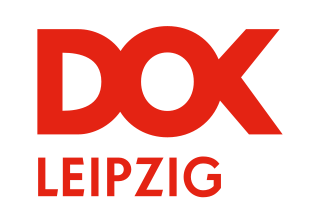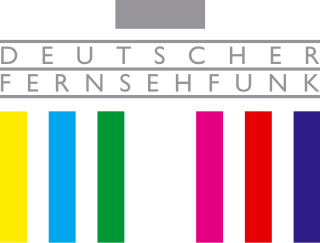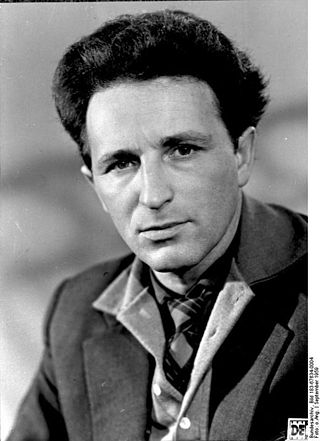Related Research Articles

East Germany, officially known as the German Democratic Republic, was a country in Central Europe from its formation on 7 October 1949 until its reunification with West Germany on 3 October 1990. Until 1989, it was generally viewed as a communist state and described itself as a socialist "workers' and peasants' state". The economy of this country was centrally planned and state-owned. Although the GDR had to pay substantial war reparations to the Soviets, it became the most successful economy in the Eastern Bloc.

The Deutsche Reichsbahn or DR(German Reich Railways) was the operating name of state owned railways in the German Democratic Republic, and after German reunification until 1 January 1994.

Rundfunk der DDR was the collective designation for radio broadcasting organized by the State Broadcasting Committee in the German Democratic Republic (GDR) until German reunification in 1990.

Kurt Maetzig was a German film director who had a significant effect on the film industry in East Germany. He was one of the most respected filmmakers of the GDR. After his retirement he lived in Wildkuhl, Mecklenburg, and had three children.

DOK Leipzig is a documentary film festival that takes place every October in Leipzig, Germany. It is an international film festival for documentary and animated film founded in 1955 under the name "1st All-German Leipzig Festival of Cultural and Documentary Films" and was the first independent film festival in East Germany. In 1995 a separate competition for animated films was added and in 2004 a film industry program, DOK Industry, was initiated to allow a networking and contact platform for industry professionals. Shortly after German reunification attendance figures dropped, with just 5,500 people coming in 1993; however, they quickly picked up and in 2008 the festival had more than 27,000 attendees. DOK Leipzig is part of the Doc Alliance – a creative partnership between 7 key European documentary film festivals.
The Reichsfilmarchiv was the state film archive of the Germany of the Third Reich. It was first German national film archive. It was opened in 1935, and based in Berlin. It ceased to exist in 1945, when its film stock was either destroyed or seized by the Soviet army.

The Border Troops of the German Democratic Republic was the border guard of the German Democratic Republic (GDR) from 1946 to 1990.

The German Federal Archives or Bundesarchiv (BArch) are the National Archives of Germany. They were established at the current location in Koblenz in 1952.
Anke Borchmann is a rower who competed for East Germany in the 1970s.

Birgit Peter is a German rower and double Olympic gold medalist.

Martina Schröter is a German rower, who competed for the SG Dynamo Potsdam / Sportvereinigung (SV) Dynamo. She won the medals at the international rowing competitions. In October 1986, she was awarded a Patriotic Order of Merit in gold for her sporting success. The Olympic gold medal that she won in 1988 in the double sculls teamed up with Birgit Peter was the 500th Olympic medal won by East Germany.

Ramona Balthasar-Franz is a German rower.
Ute Schell is a German rower, who competed for the SG Dynamo Potsdam / Sportvereinigung (SV) Dynamo. She has won several medals at international rowing competitions. She was first coached by Herta Weissig and then Wolfgang Schell.

Deutscher Fernsehfunk was the state television broadcaster in the German Democratic Republic from 1952 to 1991.

Throughout their existence East Germany and the Soviet Union maintained close diplomatic relations. The Soviet Union was the chief economic and political sponsor of East Germany.

The GDR Union of Journalists was a professional association of journalists in East Germany. VdJ organized news, press, radio and television journalists, as well as press officers, publishing staff, cartoonists, documentarists and teachers of journalism. VJD conducted trainings for journalists, on behalf of the Ministry for Higher and Professional Education. The offices of the VdJ were located at Friedrichstraße 101, Berlin, in the Admiralspalast.

Erika Stürmer-Alex is a German artist whose works include wall paintings, panel paintings, printed graphics, collage sculptures, polyester sculptures and installations.
Barbara Müller, is a rower who represented East Germany in the 1960s. She was later a rowing coach for SG Dynamo Potsdam.

Paul Wiens was a German poet, translator and author of radio plays and screenplays in the German Democratic Republic.